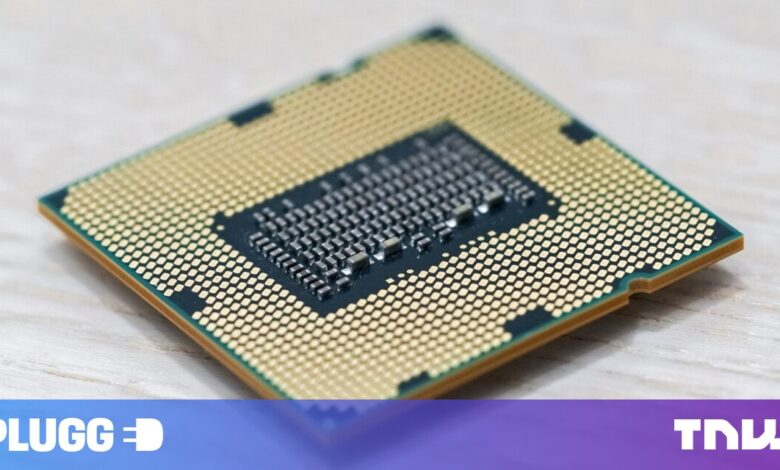Today, one of the largest chipmakers in the world, Intel, said that it might take a couple of years for the worldwide chip shortage to settle down. Pat Gelsinger, the CEO of the company, emphasized severity of the problem yet again during a virtual session of the Computex conference after highlighting it first in April.
Intel’s not the first or only company to raise the alarm about this global crisis. In April, South Korean tech giant Samsung noted that this problem is hitting its smartphone and appliances business. The company said that it has to “rebalance” its production plans to manage its sales demands. Fellow Korean tech company LG has also voiced similar concerns.
This seems like a serious problem. So let’s take a look at what’s causing it, and how it will impact you?
What’s causing the global chip shortage?
There are a couple of major reasons surrounding this issue. First, we’ve been using more chips than ever. Your car, your speaker, your phone, your microwave, and probably your hand-wash dispenser also has some kind of chip. So, to make all these devices and meet the demands of production, chipmakers have had to buckle up.
The second problem is of course the coronavirus pandemic. Companies in various parts of the world have had to shutter their factories in compliance with local regulation to stop the spread of the deadly virus. That means they’ve had to cancel several bulk orders of hardware components from different companies, and leave their product launch and marketing plans in disarray.
Glenn O’Donnell, vice president of research at the advisory firm Forrester, noted that pandemic has also accelerated demand for work-from-home products with meetings and events being conducted over Zoom calls all over the world — leading to an increased demand for chips.
How’s this affecting companies and you?
The simple answer is that your devices will get delayed. Last year, Apple had to delay the launch and availability of the iPhone 12 series by few weeks past its usual shipping dates after its annual September launch event. Earlier this year, the company’s CEO, Tim Cook, noted that production of the new iMac and new iPad Pros will be delayed because of this global problem.


In May, Sony noted that the shortage of its newest game console, the PlayStation 5, will continue into the next year.
It’s not just electronics manufactures that are struggling. The auto industry is one of the most affected verticals because of this crisis. Some manufacturers such as Nissan and BMW are leaving out features like the navigation system from cars as a result. In April, Jaguar Land Rover shut down two factories temporarily citing chip shortage.


What’s more, the global chip shortage is also hitting cryptocurrency miners: manufacturers are trying to fulfill big orders for more critical components, rather than those that will find use in mining rigs.
How are companies solving it?
A report from Gartner published earlier this month said that this crisis will last till the second quarter of 2022. Chip companies are already taking steps to counter it.
In March, Intel plans to invest $20 billion to set up two factories in the US. Days later, Taiwanese chip giant TSMC said that it intends to invest $100 billion over three years to increase capacity.
While these are some solid steps, they won’t pan out immediately. So don’t get all wound up when your PS5 order is delayed.
Did you know we have a newsletter all about consumer tech? It’s called Plugged In – and you can subscribe to it right here.
